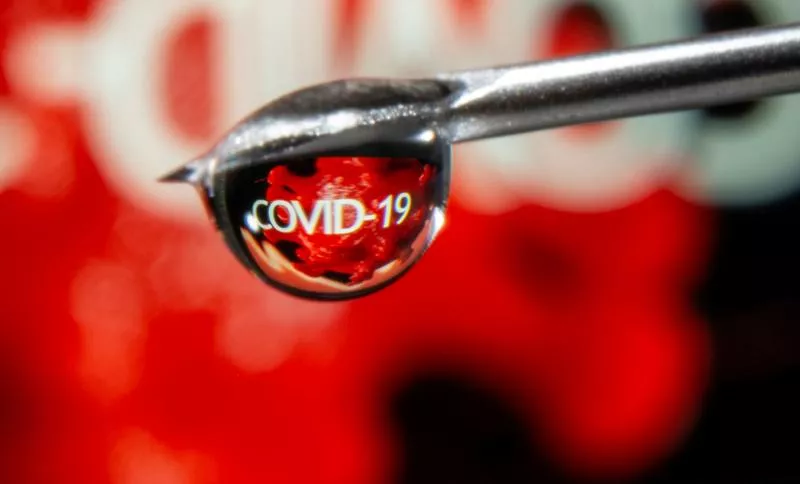Covid-19 Helpline workers guide millions out of the worst health crisis
Many callers received dedicated emotional and medical care on the phone
PESHAWAR:The coronavirus pandemic has single-handedly disrupted every aspect of life – including the way healthcare services are delivered.
While there is praise for the frontline healthcare workers, there is very little said about those who silently performed their duties as unknown warriors. One such trooper in the combat against the Covid-19 health crisis is Dr. Arooj. She took the role of a first responder on a different frontline.
On the dedicated Covid-19 helpline, Dr. Arooj fielded thousands of phone calls. Conducting the first round of screening on the phone to prevent the crumbling healthcare system from being overwhelmed.
“The number of calls dropped sharply and we were happy, but phones have started ringing again,” claimed Dr. Arooj, a first responder on the 1166 helpline.
According to the first responder, the Covid-19 helpline has not only filtered the number of cases, but also provided dedicated emotional and medical support to the callers, who were already suffering.
Another first responder, Seeba, who serves as a nurse at Karachi’s Jinnah Hospital has worked tirelessly -- just as Dr. Arooj did. While serving at the largest state-owned facility, the 35-year-old frontline nurse tested positive for the respiratory disease.
From being a first responder at the high-risk Covid-19 ward to receiving care and attention on the dedicated helpline, the healthcare worker has experienced it all.
“It was reassuring to have a trained doctor on the other side. Each call lasted more than 15 minutes and they guided me through the entire period of my illness,” claimed Seeba.
According to Seeba, she received guidance about isolation at home and even about proper nutrition during her battle against the respiratory disease.
“It wasn’t just about guiding me. The helpline also advised me about how to protect people around me,” said Seeba.
During the calls, Seeba was also told when to call the rescue service and when she might need to be transported to a hospital. “I knew about every step,” she said.
Seeba’s story is one of the many that may never surface. Millions have called the Covid-19 helpline and millions have been helped over the phone.
Dr. Arooj recalls she had never witnessed anything like the Covid-19 health crisis. “There was panic and fear. Uncertainty gripped the hearts and minds of millions,” she claimed.
During the months of May and June, when the virus peaked, the first responder claims to have received many calls. “That’s when the phones never stopped ringing.”
“Once the agent receives a phone call, he or she follows a number of standard steps and then provides customized advise to the caller,” she explained.
“We listen very carefully – without any interruption or distraction,” the doctor said. “They are eager to know when to end isolation and when to get tested again.”
While the calls have reduced significantly, Dr. Arooj and many others on the 1166 helpline fear the onset of the second wave of the covid-19 pandemic will thrust them back into the same role once again.
Published in The Express Tribune, November 20th, 2020.


COMMENTS
Comments are moderated and generally will be posted if they are on-topic and not abusive.
For more information, please see our Comments FAQ